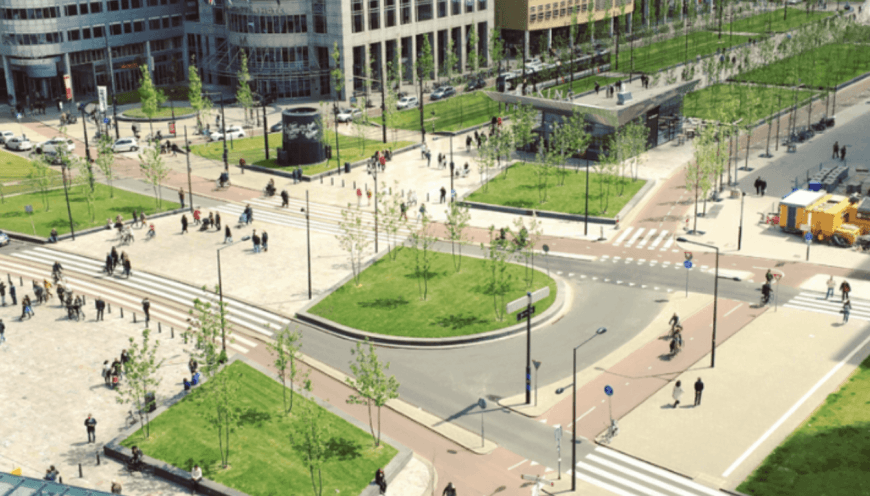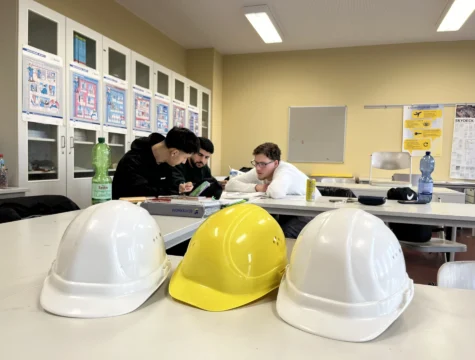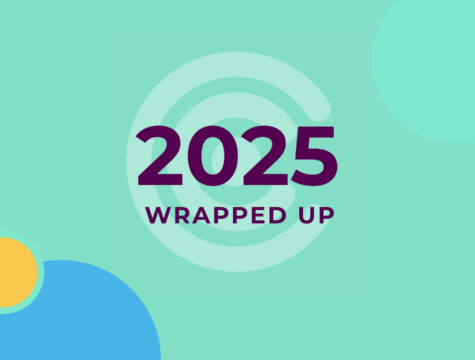In the Circular City Challenge 2.0, which was launched in August 2023, the 20-member jury, made up of city representatives from over 4 cities and municipalities, nominated the most promising solutions and approaches from the more than 120 submissions. From the large number of interesting projects, 23 concepts were particularly convincing in terms of making an important contribution to the transformation to an urban circular economy. The selection focused on the areas of built environment, logistics and mobility, energy, food, industry and commerce, events and gastronomy, waste management and consumption and use.
Among the most important solutions:
– Built environment: Concular, Buildsystems, Re:Unit and Fraunhofer IPK
– Logistics and mobility: The Ocean Package and Hey Circle
– Energy: Panely, Preflet and Everyone Energy
– Food: Plattenbaum
– Industry and Commerce: The Surpluss and Locaboo
– Events and gastronomy: Kooky and Quelle der Nachhaltigkeit
– Waste management: Goldeimer, Sykell and FairCup
– Consumption and use: Fixfirst, LoopLook, Global Goals Directory, Universität der Künste, Recycle Hero and City Circle
Now that the matchmaking has been completed, the Circular City Challenge is entering the implementation phase. The local organizers (Circular Berlin, Circular Munich, Creative Climate Cities, Circular Black Forest, circonnact, Fab City Hamburg, Materialkreislauf and Steinbeis-Beratungszentrum Circular Economy) will support the initiation process until mid-June 2024. Each partner will implement up to two projects with a total of 50 to 100 hours per city and municipality. Participants can also benefit from networking with other potential partners and funding bodies.
It was impressive to receive so many applications and see the variety of solutions available. Clearly, this year we had more applicants from the DACH region, indicating that more businesses are looking to develop circular solutions. We put more effort into the matchmaking phase this year, taking a different approach that enabled direct exchange between some municipal partners and the solutions they originally prioritized and selected. This helped them better understand possible implementation strategies and identify other potential collaborators.
Find more information on circular-city-challenge.com




